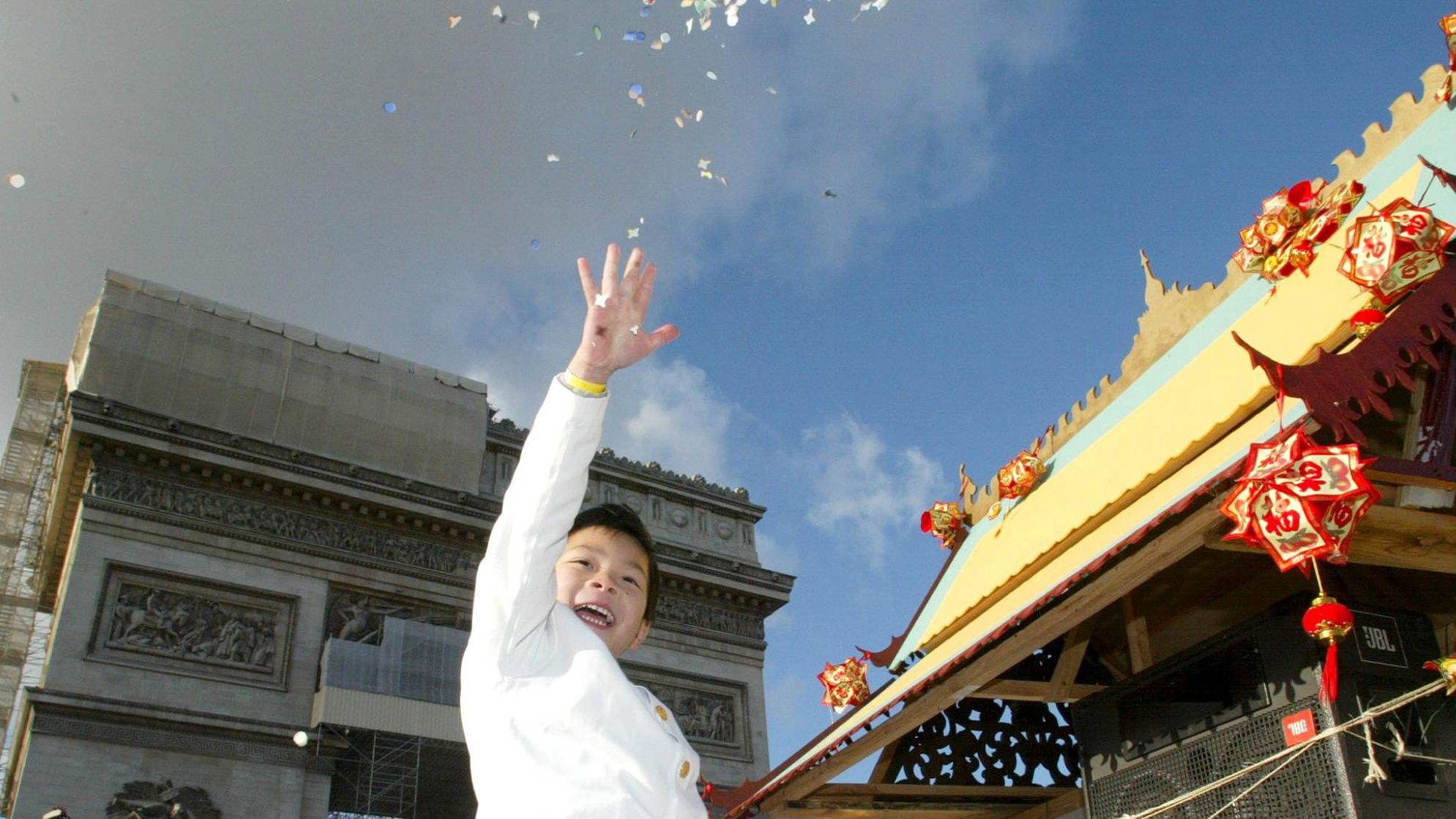The opening ceremony of the second "Master Road" Sino-French culture and music festival was held at the French Cultural Center in Beijing on Monday. As an important part of a series of Sino-French communications events in 2019, the festival won great support from both the French Embassy and the Sino-French Association of International Exchanges of Education and Communications.
As the 55th anniversary of the establishment of China-France diplomatic ties comes, a series of celebrations all-year-round is being launched following the two sides' willingness to push forward exchanges to a higher level.
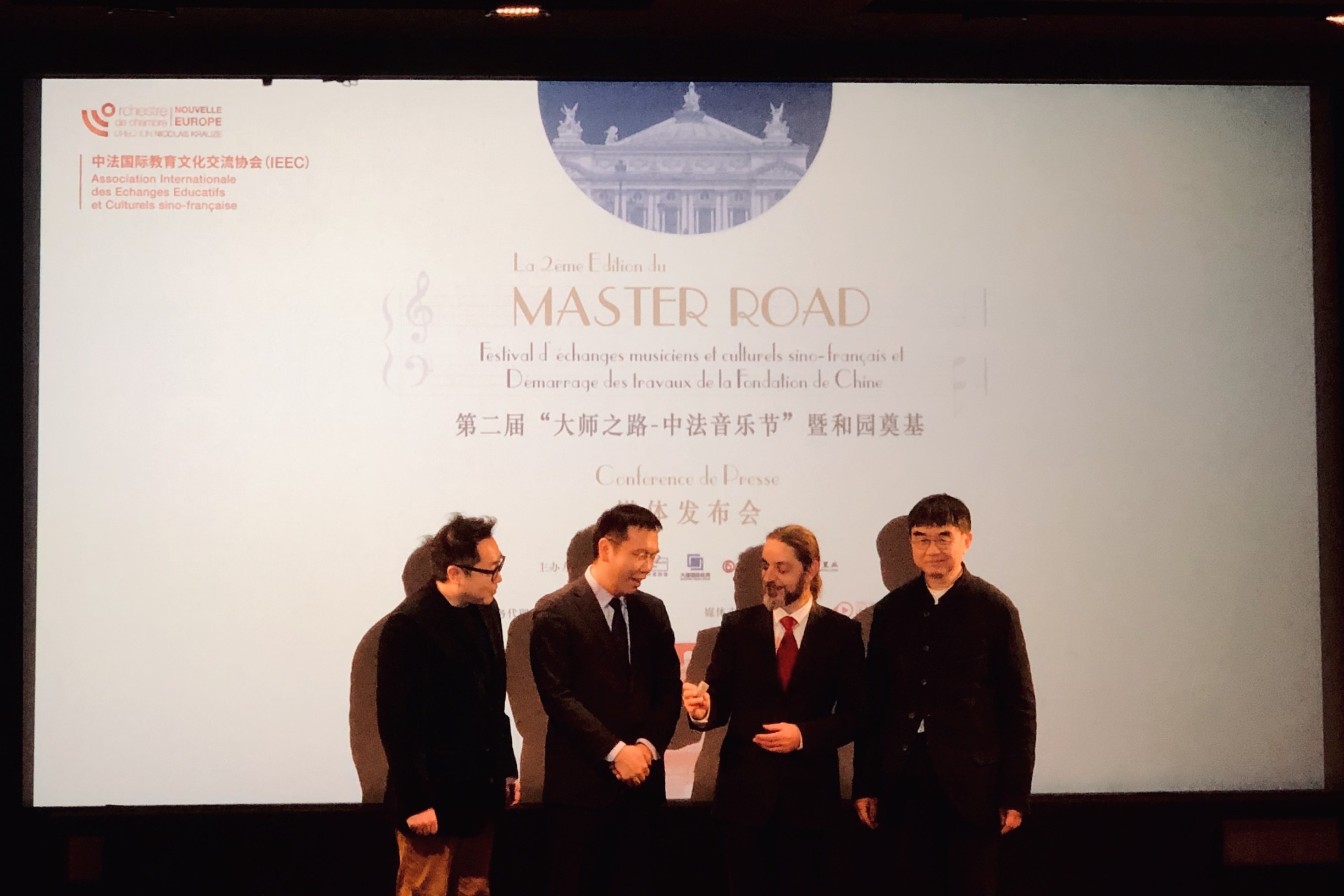
The "Master Road" Sino-French culture and music festival kicks off at the French Cultural Center in Beijing, January 7, 2019. /CGTN Photo
The "Master Road" Sino-French culture and music festival kicks off at the French Cultural Center in Beijing, January 7, 2019. /CGTN Photo
"I was amazed by the results of Sino-French cultural communications during these years," M. Jean-Yves Coquelin, vice councilor of Culture and Education at the French Embassy, said. "The fruits cover the areas of music, literature, dance, and architecture. The wide-range and high-level cultural exchanges following Master Road serial events indicate the density and quality of Sino-French cooperation."
To encourage young art talents, the Master Road festival has set up various activities since last year, including four music concerts staged by Chinese and French musicians, and will tour cities including Tianjin, Shanghai and Hangzhou. "It's a stunning moment to play with the prestigious European pianist in a creative way," said Chinese pianist Du Taihang.
Celebrating 55
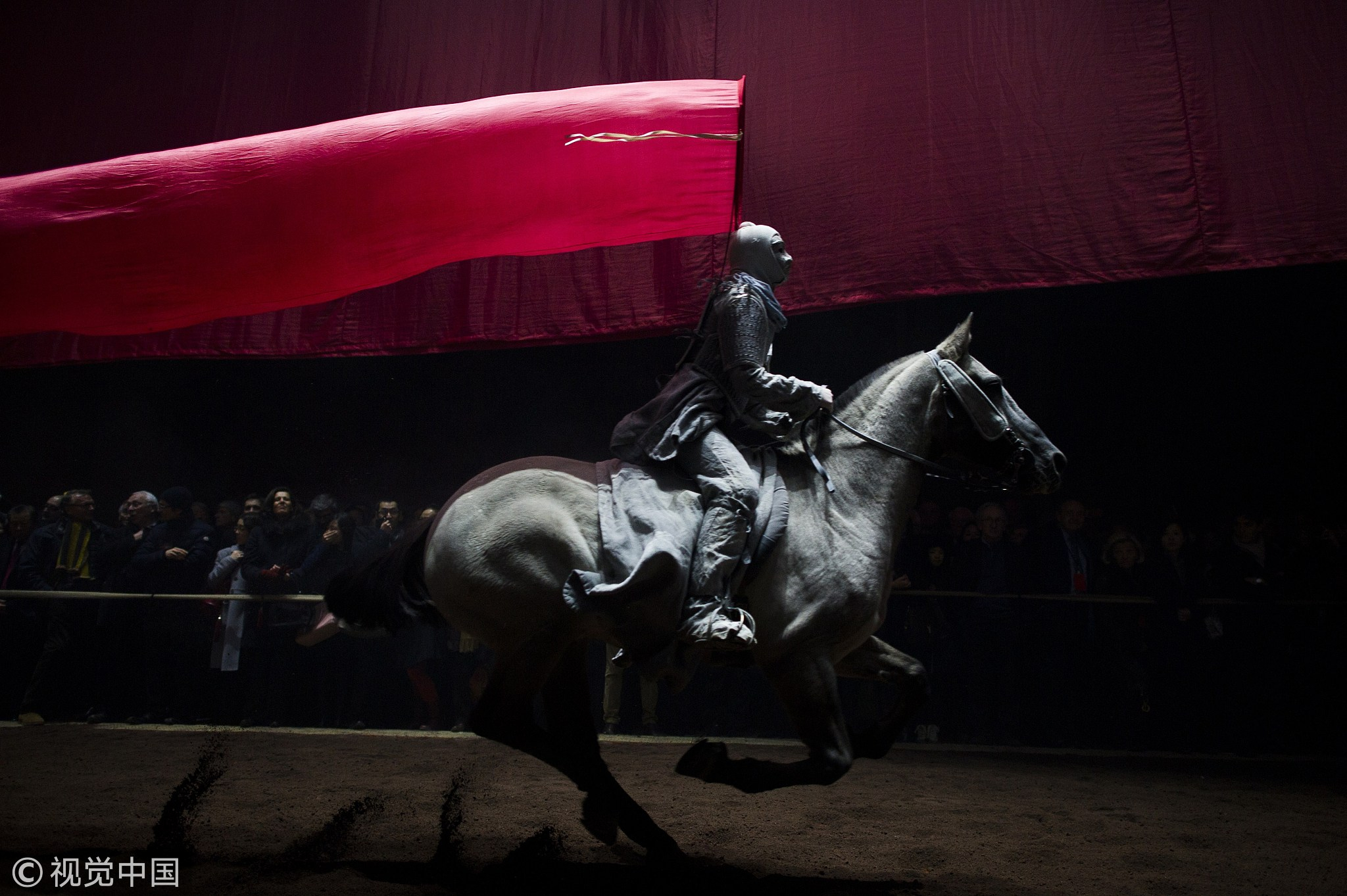
People attend a show of French horse trainer Bartabas as part of "China Night," a ceremony to mark the 50th anniversary of diplomatic relations between France and China, at the Grand Palais, Paris, January 27, 2014. /VCG Photo
People attend a show of French horse trainer Bartabas as part of "China Night," a ceremony to mark the 50th anniversary of diplomatic relations between France and China, at the Grand Palais, Paris, January 27, 2014. /VCG Photo
This year marks the 55th anniversary of the establishment of China-France diplomatic ties.
In 1964, Chinese leader Mao Zedong and French President Charles de Gaulle made the historic decision to establish China-France diplomatic ties. France became the first major Western country to forge diplomatic relations with the People's Republic of China, which demonstrated the two nations' friendship and foresight.
Since then, the interaction between the two countries has become a special major-country relationship in the international community, and has always been one of the most developed between China and major Western nations.
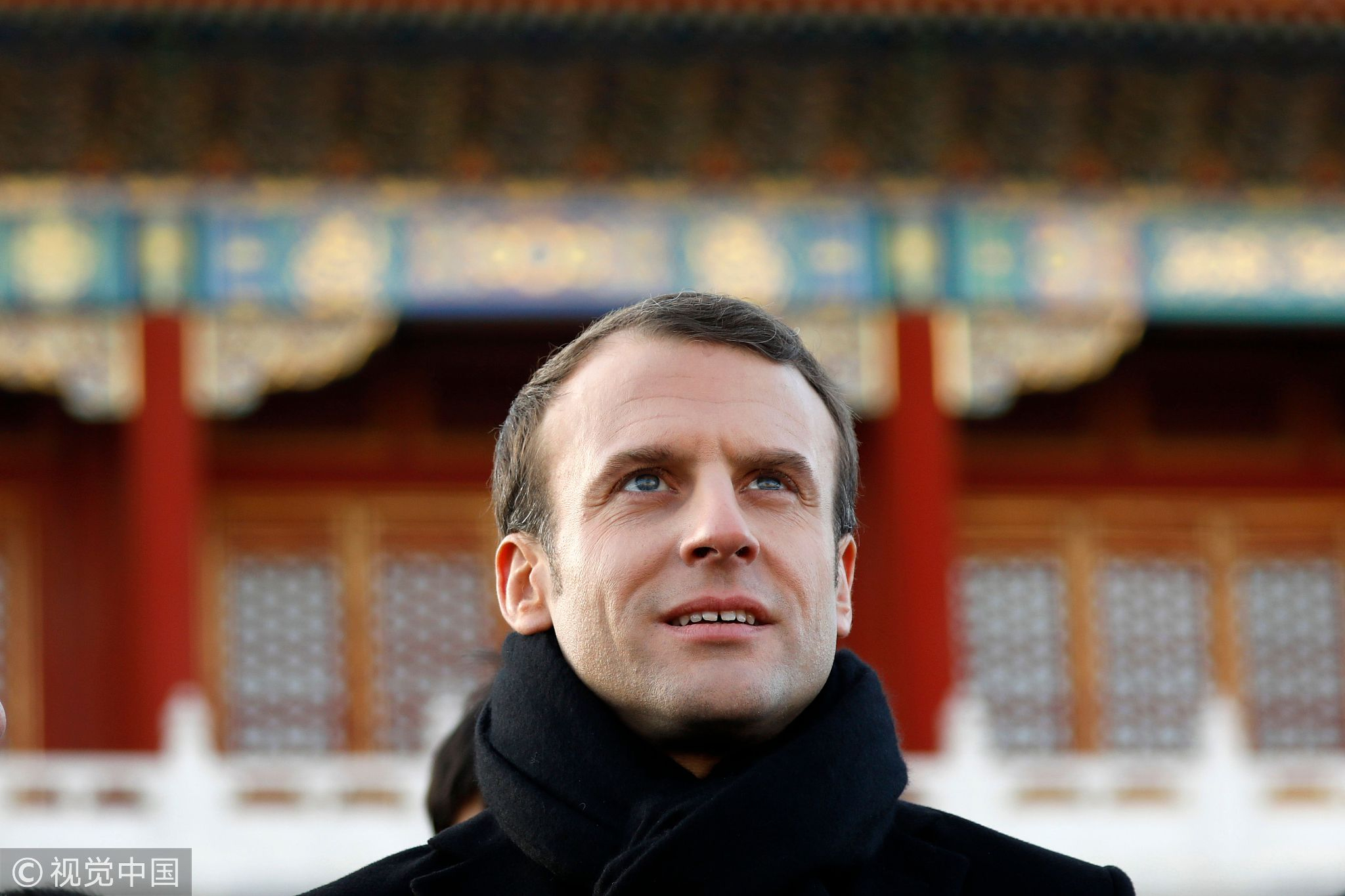
French President Emmanuel Macron visits the Forbidden City in Beijing, January 9, 2018. /VCG Photo
French President Emmanuel Macron visits the Forbidden City in Beijing, January 9, 2018. /VCG Photo
During French President Emmanuel Macron's first official visit to China in January 2018, he pointed out the destinies of China and France were linked, and called on the two countries to team up on more collaboration in culture and arts. When he visited the ancient Terracotta Army in the city of Xi'an, the starting point of the ancient Silk Road, a new era began that will build a cultural bridge through exchanges between the two countries and civilizations.
"The future needs France, Europe and China," said Macron during the visit, adding that he would travel to China "at least once a year."
From Orient to Paris
The tie of Chinese and French in education sectors has been developed with a long history over the past 100 years.
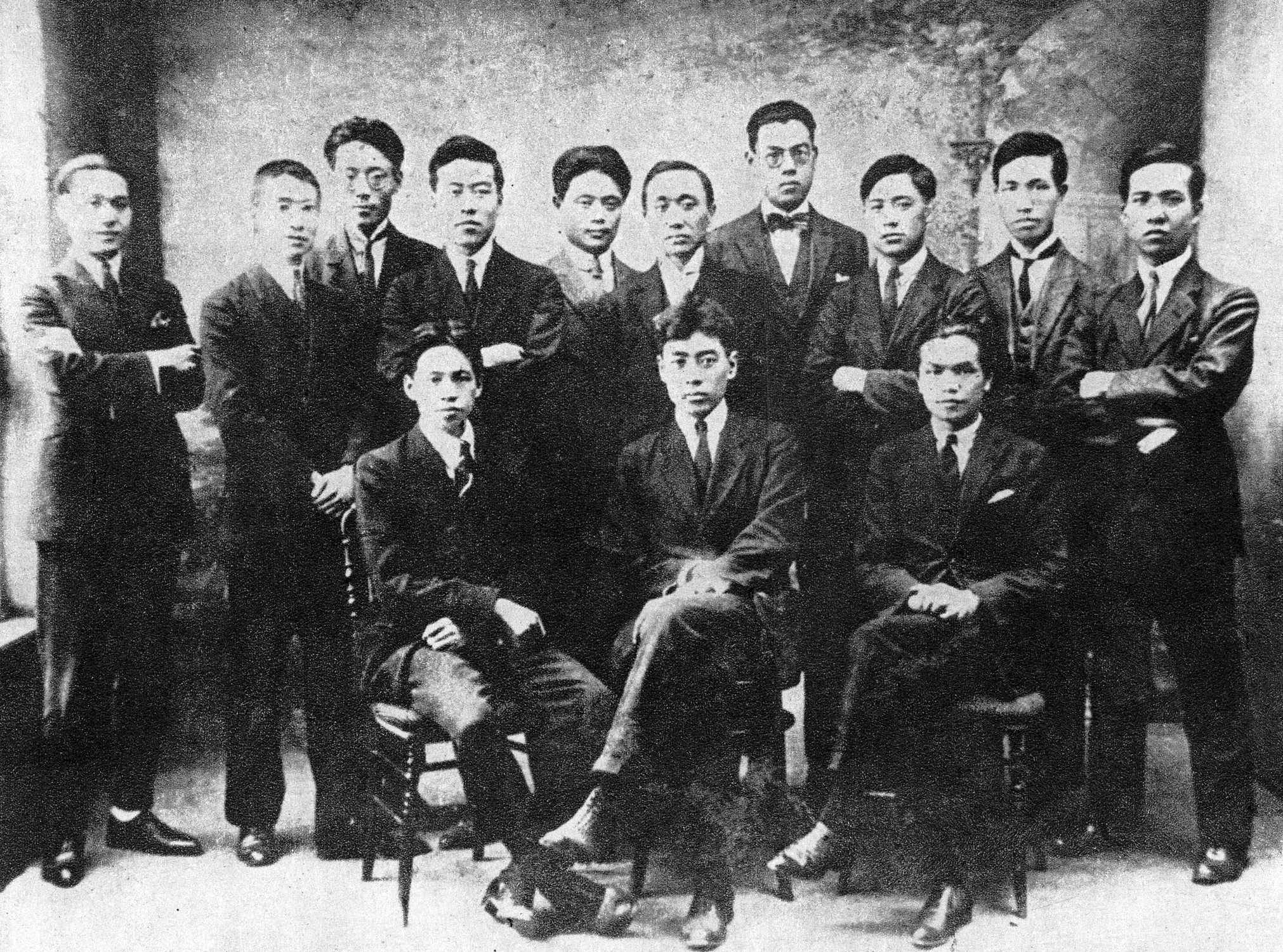
Zhou Enlai (C) and students take part in work-study programs in France in the 1920s. /VCG Photo
Zhou Enlai (C) and students take part in work-study programs in France in the 1920s. /VCG Photo
France represented the best of Western civilization in the 1920s, and was considered by many Chinese to be the most civilized and relevant nation in which to study.
From the year of 1919 to 1920, around 1,600 Chinese students went to France to further study, and most of them became the backbone of the Chinese Communist Party, such as Zhou Enlai and Deng Xiaoping; prestigious artists, such as Xu Beihong and Xian Xinghai; and poets who straddled Eastern and Western cultures, such as Dai Wangshu and Ai Qing.
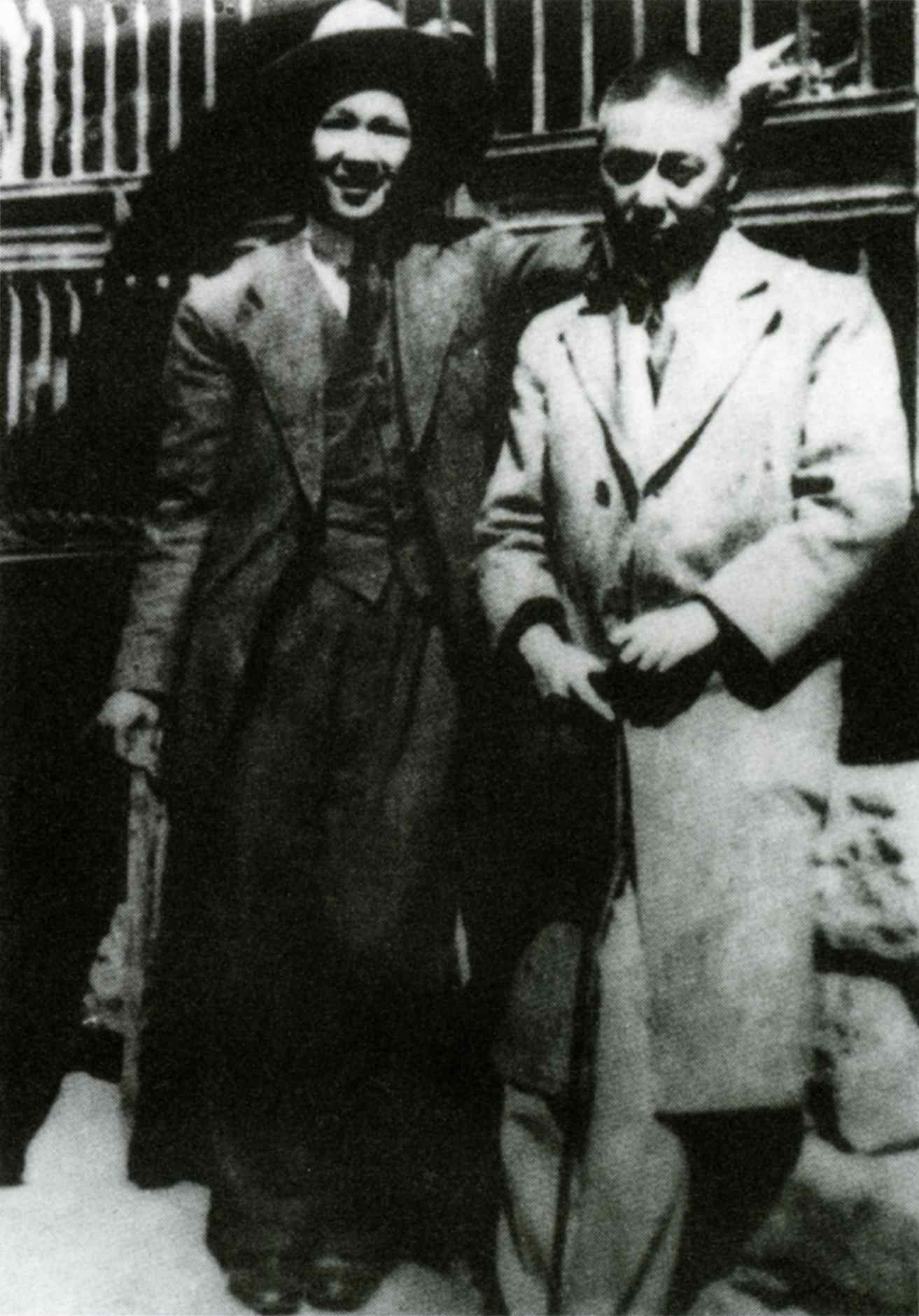
Xian Xinghai (L) was one of the earliest generation of Chinese composers influenced by French classical music and has influenced China greatly. /VCG Photo
Xian Xinghai (L) was one of the earliest generation of Chinese composers influenced by French classical music and has influenced China greatly. /VCG Photo
These students then became the key force to change China. The presence of Chinese students who embraced both Western civilization and Chinese philosophies at that time served as a prelude to the great changes in modern China.
(Cover photo from VCG)

